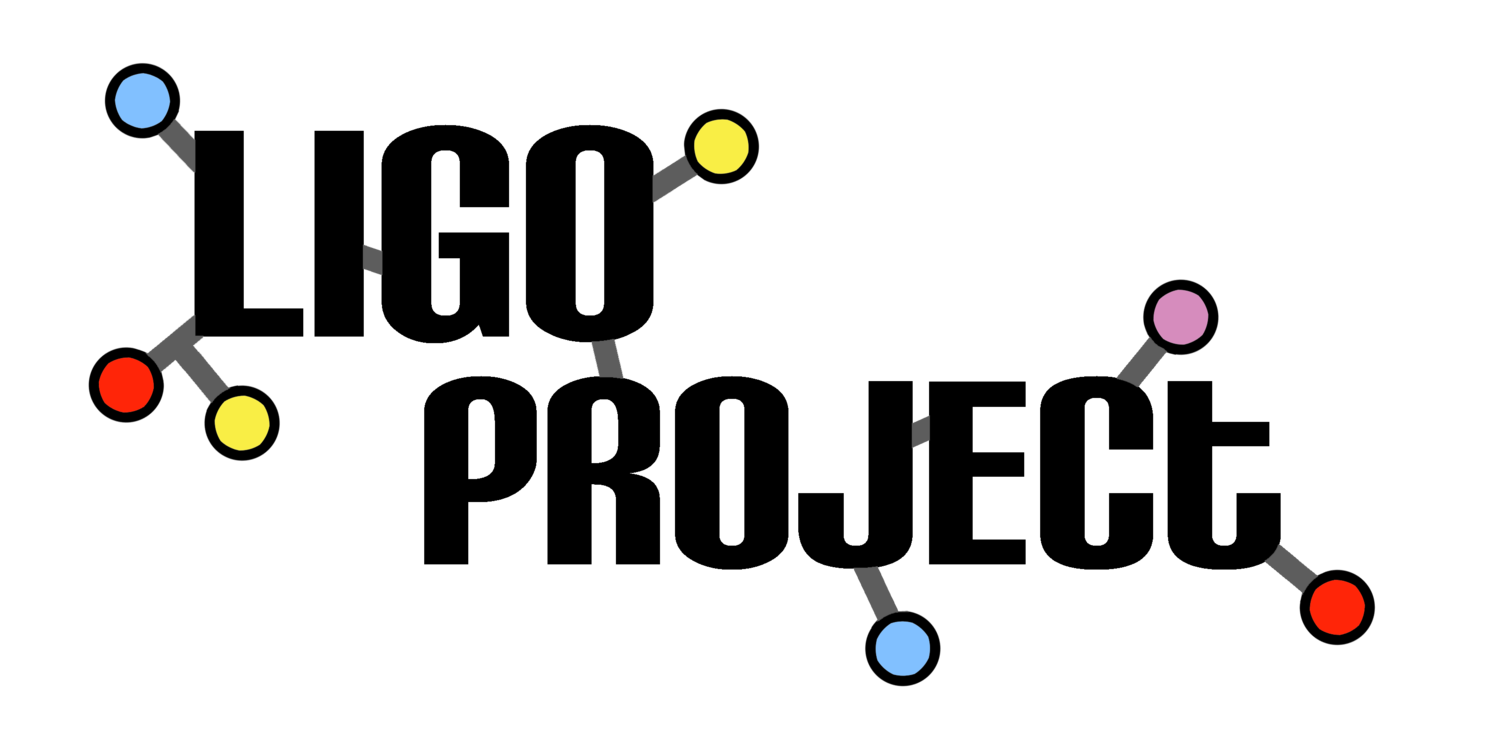False Starts, Unruly Paths
/Featuring
- Dr. Scott Lowe (cancer – tumorigenesis & resistance to chemotherapy; MSKCC)
- Grace Markman (paint)
Overview
According to Scott Lowe, “my research has shown that p53, a tumor suppressor, plays an important role in “apoptosis” – a form of cell suicide – and in doing so provides a natural brake to tumor development. Cells lacking p53 are more prone to becoming cancerous and more resistant to chemotherapy. Current research in my lab is based on the premise that distinct genetic changes in a patient’s cancer creates molecular dependencies that represent therapeutic opportunities. The lab is also studying genes specifically needed for survival of cancer cells in an effort to identify targets for new cancer therapies. Combining innovative approach to cancer biology research we are working toward identification of new therapeutic strategies to treat some forms of cancer.”
Cancer arises as cells acquire alterations in oncogenes — genes that when mutated may cause a cell to survive and divide indefinitely. But oncogene mutations do not inevitably cause cancer. Normally, cells can “fight back” against oncogene activity through genes called tumor suppressors. Tumor suppressor genes trigger cells to self-destruct or to halt their own growth, preventing uncontrolled cell proliferation and cancer development. The Lowe lab investigates how the disruption of these mechanisms may lead to cancer. They have also found that mutations in tumor suppressors can reduce the effectiveness of some chemotherapy drugs. They hope to shed new light on why some tumors become drug resistant and to discover more effective therapeutic targets.
Markman, “was inspired by Scott’s lab, by the open-ended nature of inquiry, the freedom of investigative methods and the group spirit focused on their goals. I work alone in my studio yet when I close the door to work I have faith in the process of painting, the process of sustaining efforts through many false starts and unruly pathways, similar to scientific methods."
Bios
Grace Markman
Born in Paterson New Jersey. She received a BA in Studio Art is from Fordham University and an MFA in painting from Bard College. She has exhibited her work for over twenty years in numerous groups shows both upstate and in New York City. Grace has been awarded residencies at Yaddo, Blue Mountain Center & Byrdcliffe
Dr. Scott Lowe
http://mskcc.org/research/lab/scott-lowe
http://www.hhmi.org/scientists/scott-w-lowe
B.S., UW-Madison; Ph.D., MIT; Associate Dir. Basic Cancer Research, MSKCC; Chair, Geoffrey Beene Cancer Research Center; Investigator, HHMI & Member of the American Academy of Arts & Sciences.
“My research has shown that p53, a tumor suppressor, plays an important role in “apoptosis” – a form of cell suicide – and in doing so provides a natural brake to tumor development. Cells lacking p53 are more prone to becoming cancerous and more resistant to chemotherapy. Current research in my lab is based on the premise that distinct genetic changes in a patient’s cancer creates molecular dependencies that represent therapeutic opportunities. The lab is also studying genes specifically needed for survival of cancer cells in an effort to identify targets for new cancer therapies. Combining innovative approach to cancer biology research we are working toward identification of new therapeutic strategies to treat some forms of cancer.”
Cancer arises as cells acquire alterations in oncogenes — genes that when mutated may cause a cell to survive and divide indefinitely. But oncogene mutations do not inevitably cause cancer. Normally, cells can “fight back” against oncogene activity through genes called tumor suppressors. Tumor suppressor genes trigger cells to self-destruct or to halt their own growth, preventing uncontrolled cell proliferation and cancer development. The Lowe lab investigates how the disruption of these mechanisms may lead to cancer. They have also found that mutations in tumor suppressors can reduce the effectiveness of some chemotherapy drugs. They hope to shed new light on why some tumors become drug resistant and to discover more effective therapeutic targets.

